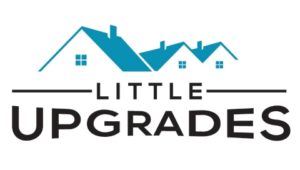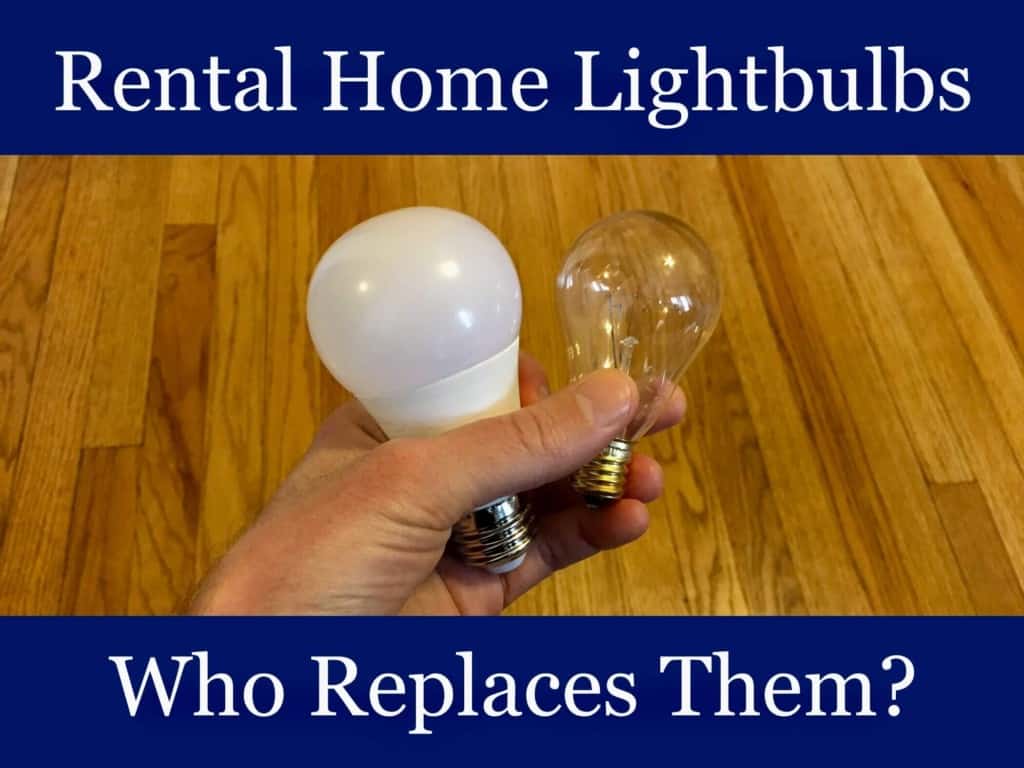
Lightbulb replacement (and who pays for new bulbs) is one of the most common points of confusion between renters and landlords. So, let’s start with the basics, are tenants or landlords responsible for replacing lightbulbs?
Renters (tenants) are typically responsible for replacing lightbulbs within their rental homes. This includes the purchase of new bulbs. However, this can vary and you should check your lease for the specific expectations. For example, some landlords prefer to do the replacement themselves.
That’s a good overview, but it’s just scratching the surface. I’ve rented 5 different apartments over the past 5 years, and in this guide, I’ve compiled everything that I’ve learned about lightbulb replacement in rental homes. I hope this will save you some time and stress. Let’s go!
Table of Contents
Are Landlords Responsible For Replacing Lightbulbs?

As we mentioned above, tenants are generally going to be the ones replacing lightbulbs inside of a rental home. However, this is often a grey area.
If your lease has a specific clause about replacing lightbulbs, then that’s the most straightforward answer you can find.
Check Your Lease
A good way to search your lease (if you have a digital copy), is using the following approach:
- Open the lease on your computer
- Use the CTRL + F keyboard shortcut to open a search bar in the file
- Type the word “bulb” in the search box
Following these steps, you should be able to find any specific mention of bulbs or lightbulbs within your lease. I did this on my own lease, and (oh no!), there was no mention of lightbulbs in the document.
If you’re in the same situation, then you have a couple of options to dig deeper. You could ask your landlord directly if they appear to be trustworthy. Or, you could ask a few neighbors in the same building (or area) what they do.
When it’s not specifically stated in the lease, it’s generally going to be up to the tenant to replace the lightbulbs inside their rental home. The biggest exception to this (that I know of) has to do with common areas.
Exception: Common Areas
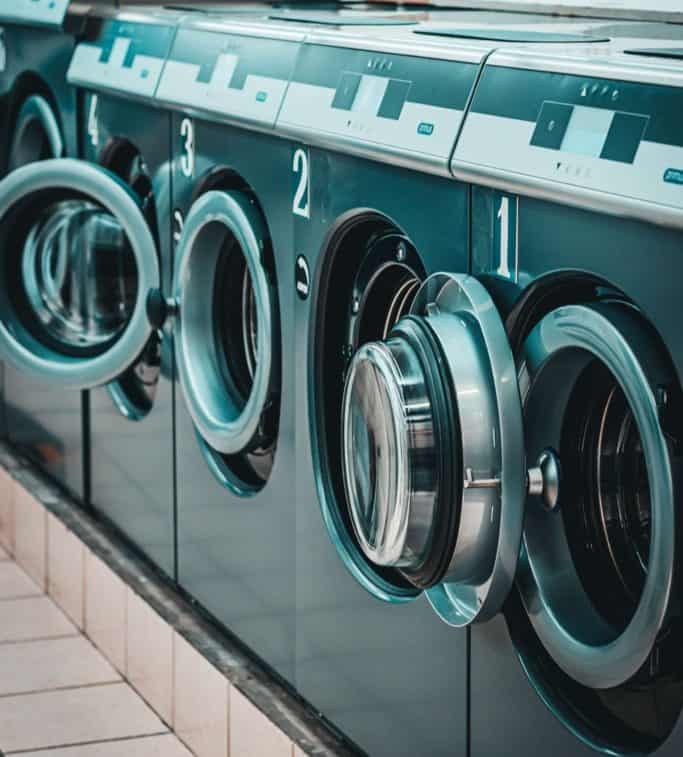
If you live in a multi-unit rental home, like an apartment building, then there’s usually going to be common areas that you use that are outside your actual unit.
For example, there might be a shared laundry room, elevators, a storage room, etc. In any shared space like this, the landlord is usually the one responsible for replacing lightbulbs.
So, if you went to do a load of laundry and you noticed that one of the lights in the laundry room were out, you can probably just ask your landlord to take care of it.
Difficult to Access Lightbulbs
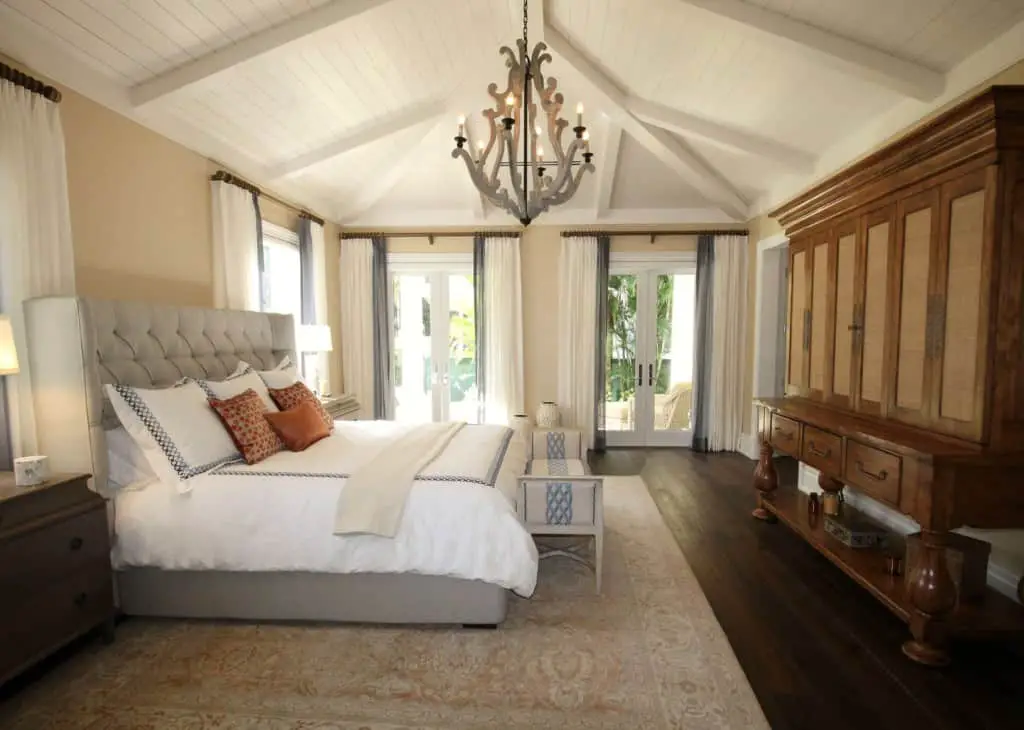
Another situation you may have to deal with is lightbulbs inside of difficult-to-access places. For example, if you have a rental home with really high ceilings or unusual fixtures, it might be really physically challenging for you to replace the lightbulbs yourself.
In this type of situation, you are usually still responsible for replacing the bulbs. But, if you talk with your landlord and purchase the bulbs yourself, then they will often be willing to assist you with the installation, especially if you have a physical disability or limitation of some kind.
Just keep in mind that they may charge you for the service. After all, they may have to pay a maintenance worker to handle it.
Do Landlords Have to Pay for Lightbulbs?

Generally, tenants are responsible for purchasing their own lightbulbs. There are exceptions to this, but that is usually the case for the lightbulbs within a rental home. For lightbulbs in common areas of multi-unit buildings, the landlord is usually responsible for purchasing new bulbs.
If you’re a renter, this makes it important to consider how long you plan to stay in an apartment before you purchase new bulbs. For example, if you plan to stay in an apartment for 5 years, it may be worth it to buy more expensive lightbulbs that will save you money on your electric bill.
If you are environmentally-minded (like me), then you may be willing to pay extra for energy-efficient lightbulbs even if you only plan to stay for a year or less. That way, you (and future tenants) will be reducing overall energy consumption.
3 Reasons a Landlord Might Choose to Replace Lightbulbs
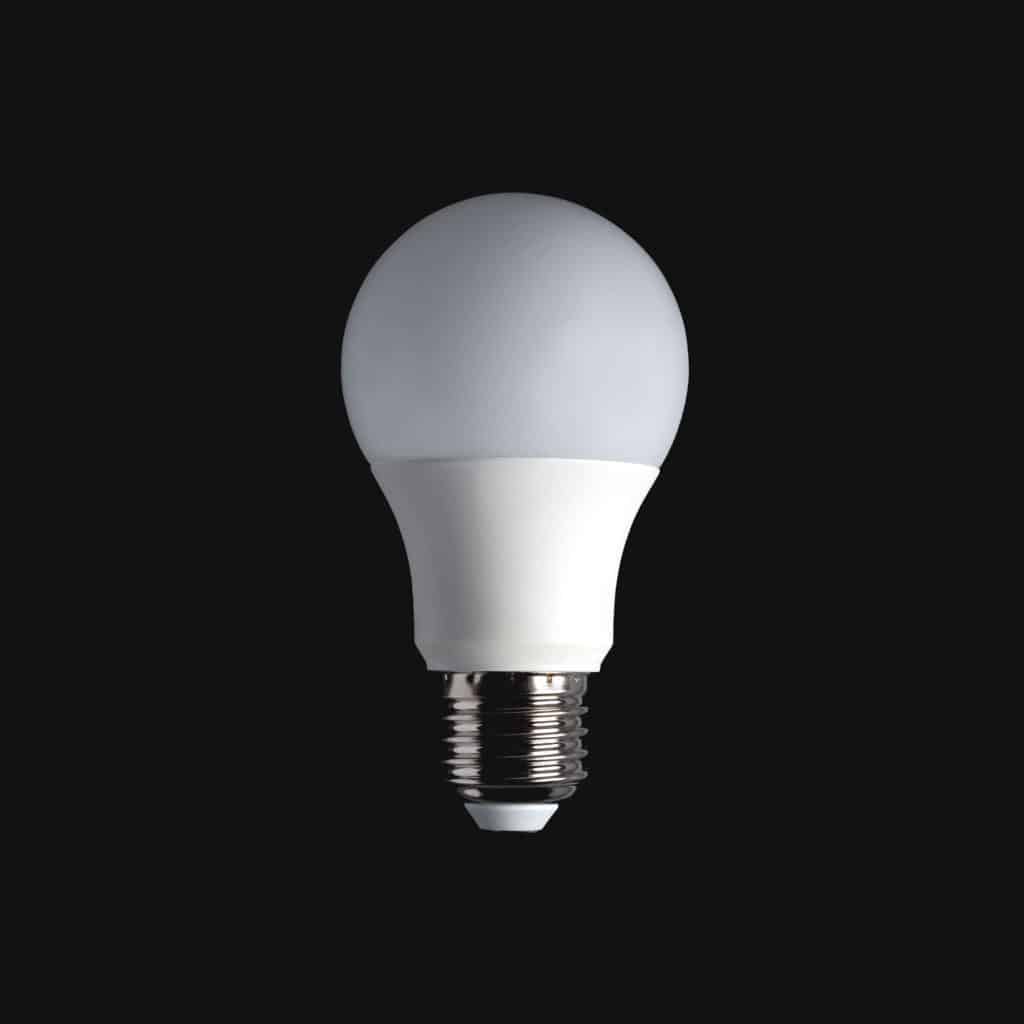
Although the tenant is often the one responsible for replacing and purchasing new lightbulbs, landlords will sometimes choose to do this maintenance themselves. Here are a few reasons a landlord might take care of lightbulbs themselves:
1. To Save Money on Bundled Utilities
Imagine if you live in a rental home where rent and utilities are bundled into one rate. For example, everything is usually bundled into one rate for college dorms.
In this scenario, the landlord has an incentive to save money on electricity, and they may want to buy and install high-efficiency lightbulbs as a result.
2. For Sustainability (and/or Marketing)
Property owners may choose to replace lightbulbs themselves if they have specific goals for promoting sustainability in their buildings. For example, an apartment complex may want to manage lightbulbs to help them qualify for Energy Star certification.
Renting sustainable homes could also be something that landlords use in marketing and advertising for their rental homes.
3. For Premium Service (and/or Marketing)
Landlords may also choose to take care of lightbulbs themselves if they offer premium service. In other words, some rental homes may charge higher prices, in exchange for a higher level of provided service.
For example, you might find premium services like this in assisted living communities or luxury condos. Of course, this is also something the owners can use in their marketing to attract tenants.
Related Questions
Are Landlords Responsible for Air Filters?
Renters are usually expected to replace air filters themselves. This includes the purchase of the filters, although some landlords will provide a couple of extra filters as a courtesy. There are variations, however, and you should check your lease for the specific expectations.
Are Landlords Responsible for Pest Control?
Landlords are typically responsible for providing a rental home in pest-free condition. Landlords are also usually responsible for pests arising from issues with the building. However, renters are usually responsible for any pests they caused (e.g. ants from poor garbage handling). Check your lease for expectations.
